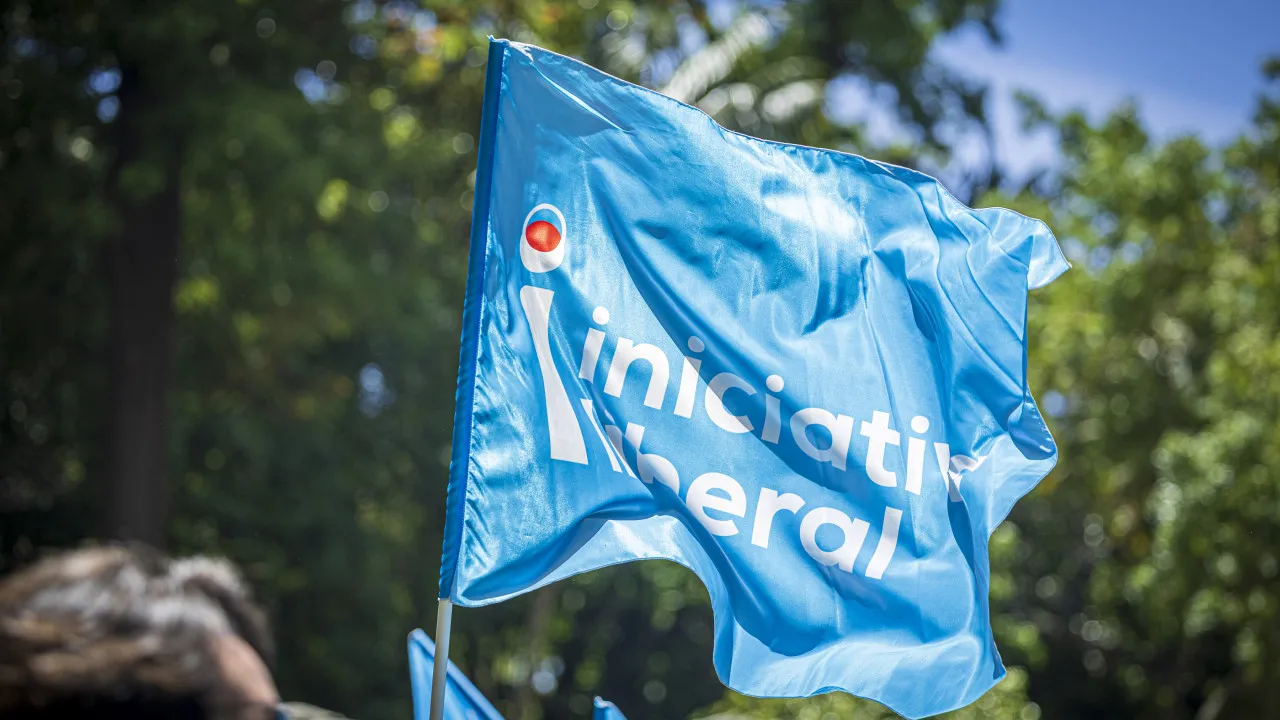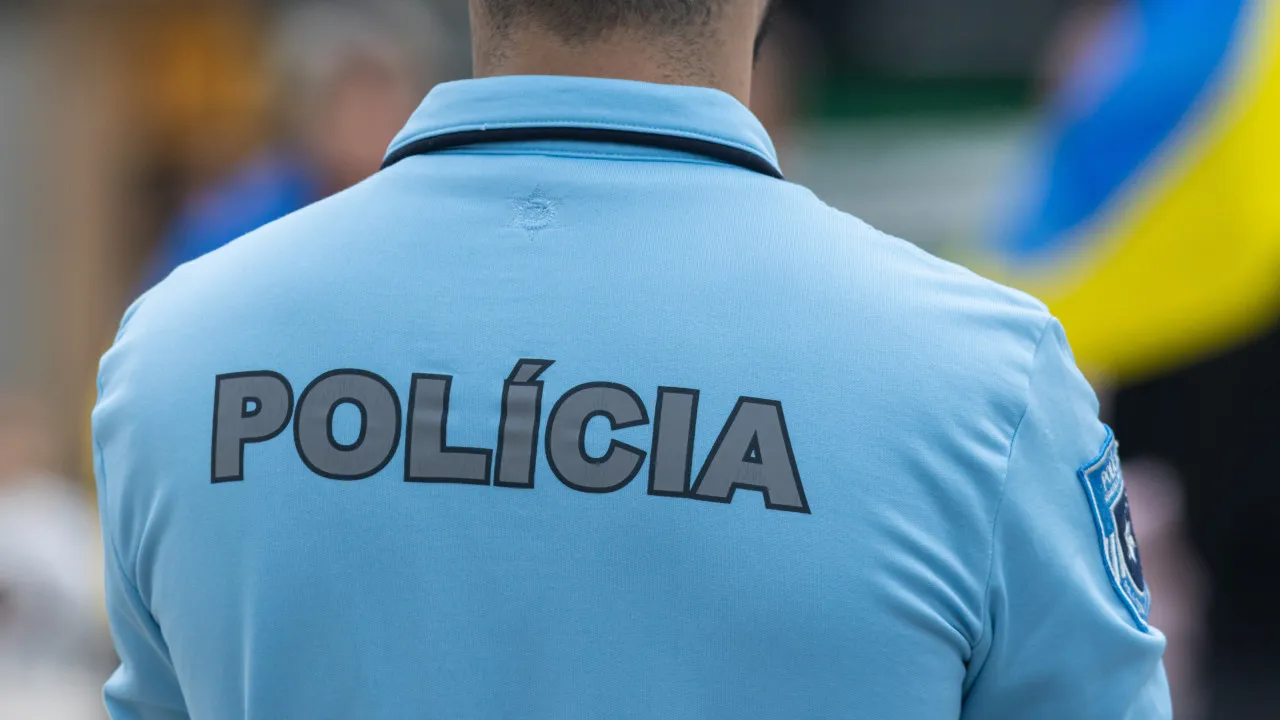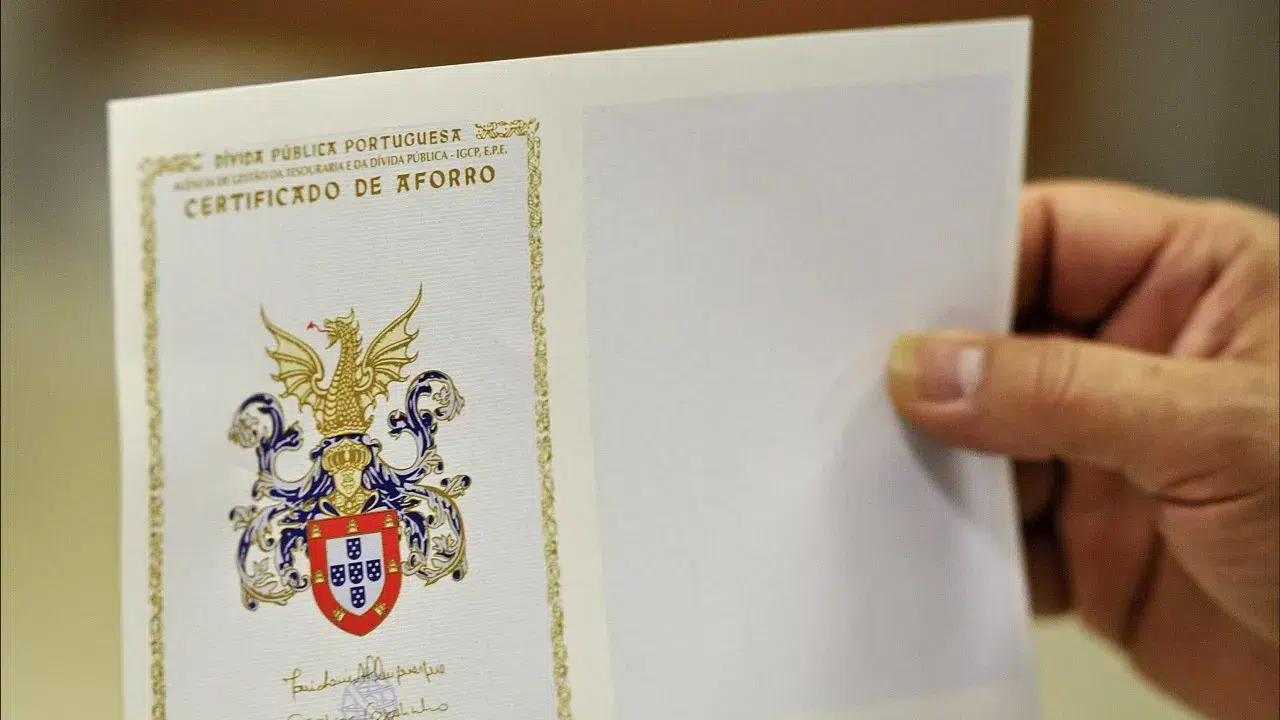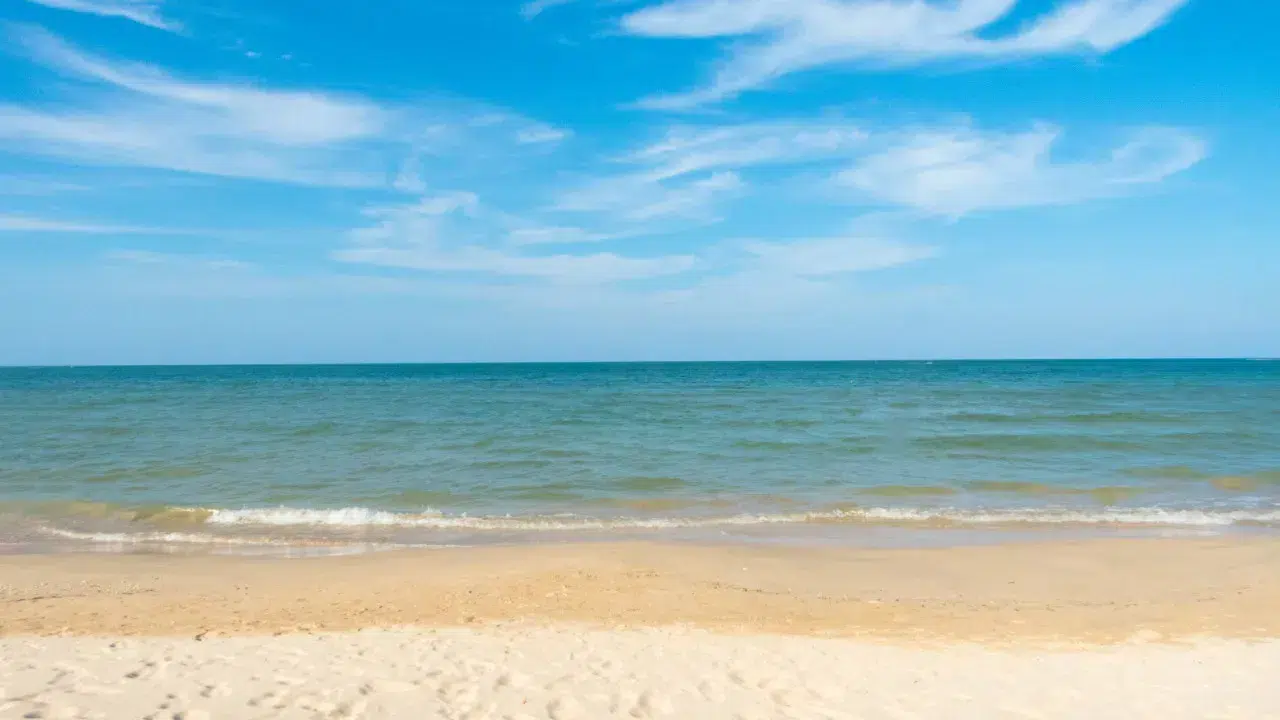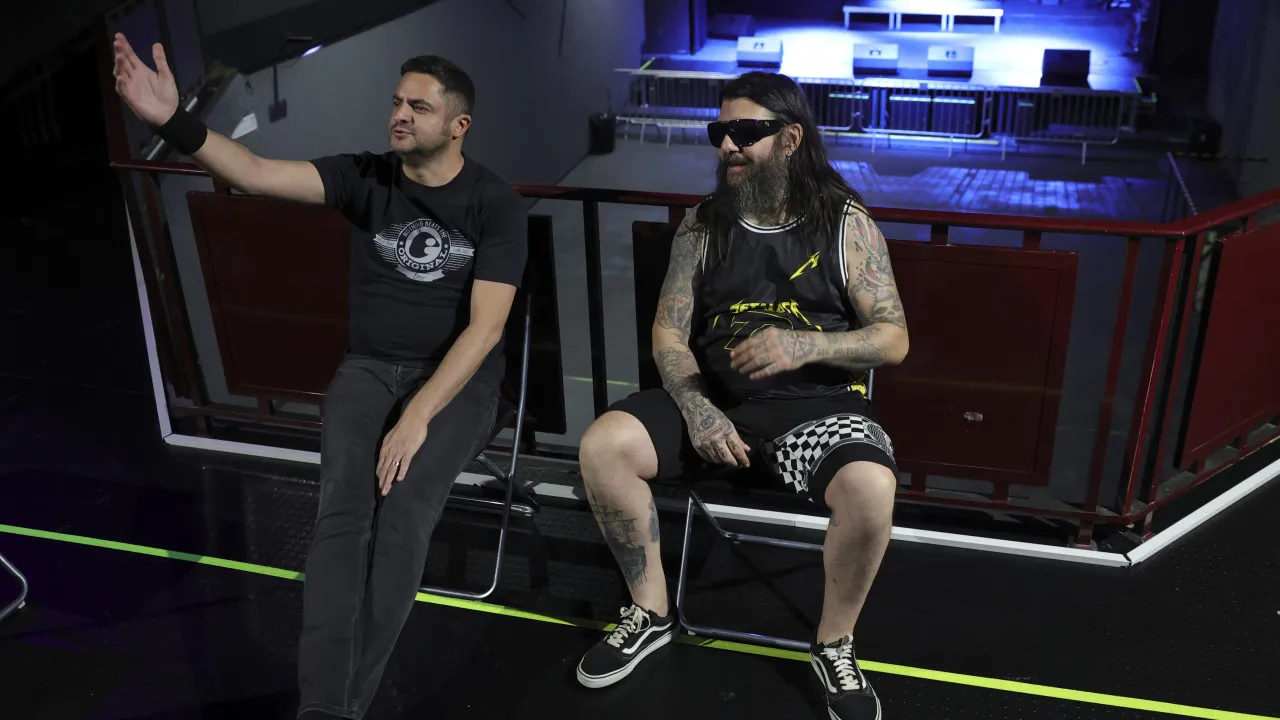
The passion for music led to the formation of Tara Perdida in 1995, and thirty years later, it remains the driving force for the band members who are celebrating the milestone with two concerts in Lisbon, today and on Saturday.
Over three decades, Tara Perdida has seen many changes, and guitarist Rui Costa (Ruka), who is now also the band’s vocalist, has been there through it all.
On June 10, 1995, he, along with vocalist and guitarist João Ribas, bassist Vitor Matos (Cró), and drummer Hélio Moreira (Oregos), gathered for their first rehearsal in Alvalade.
Five months later, on November 17, they performed their first concert at Grupo Dramático Ramiro José, in the same Lisbon area, where various bands were emerging at the time.
Ruka was 22 then, with “the dream of music”. “The band scene was very active, unlike today, when hardly any new bands are formed. We had that dream, and with that dream and our rebelliousness, we created Tara Perdida,” he shared in an interview.
In 1995, João Ribas already had a music career with Censurados and Ku de Judas, and for Ruka, “playing with him was a joy”.
Guitarist Tiago Ganso joined Tara Perdida a bit later, in 1999, but followed them from the start.
“We used to hang out at the same places. They went to rehearse while I went somewhere else with my project. At that time in Alvalade, many bands were around; any 20-year-old wanted to play guitar or drums, wanted to make noise,” he recalled.
Of all the bands back then, “99% died out”.
Without social media or mobile phones, they would meet friends at Jardim dos Coruchéus and cafes in Alvalade, often heading to Bairro Alto or Johnny Guitar afterward.
By the time Tiago Ganso joined, Tara Perdida had released two albums: ‘Tara Perdida’ in 1996 and ‘Só não vê quem não quer’ in 1998.
The band’s third album, ‘É assim,’ arrived in 2002. It was their first with a producer, Cajó, as previously, it was “50 beers and hit record,” Ruka remembered.
“We had no sense of composition. We put in what we knew. We learned how things worked. We learned a lot from producers — Cajó, Mário Barreiros. We always knew how to listen to those who know more than us,” the musician noted.
Tiago Ganso shares that sometimes they listen to old songs and think: “We should have done this, we shouldn’t have done that.”
“‘Why didn’t he make a break there?’ or ‘Why didn’t you do it this way or that way?’. But back then, it was impossible,” he said.
Ruka believes it’s all “part of growth.” “At that age, even if we were told something, it would go in one ear and out the other,” he affirmed.
One of the best times for the band came in 2005, “during the ‘Lambe Botas’ era [album released that year].”
“That year, we even recorded a DVD at Incrível Almadense. It sold out, over a thousand people were left outside, and there was police intervention. I remember good times, even playing with American bands that influenced us, our idols. It was a good time,” Ruka shared, recalling that this was also when they signed with a major label, Universal, and recorded the album “Nada a esconder,” released in 2008.
That year they were “at the peak” and continued for a few years. They averaged 40 concerts a year, performing at many student festivals, remembers Tiago Ganso. “Today, student festivals don’t have rock bands, not even one,” Ruka notes.
In 2014, the band faced the worst moment of their career, “and for the rest of our lives”: the death of João Ribas.
“It’s impossible to move past something like that, but I think we’ve managed to shift into third gear, and now we’re in fourth a bit,” Ruka said.
Tiago Ganso emphasizes that the vocalist’s death affected them “in every way”. “Our own character changed after what happened. We were sadder, spent at least a year banging our heads against the wall. There were things scheduled, we faced pressure to ‘do or not do’. It was tough times,” he recalled.
The decision was to continue. “We thought it wasn’t the right time [to quit]. Even for our mental health. The passion is the same, and the more we get on stage, the more we can honor Ribas,” Ruka said.
The musician acknowledges that Ribas “was the face of the band.” “Not that we were in the shadows, but he was. Today, we are Tara Perdida,” he said.
Thirty years later, Tara Perdida is neither a “mainstream” nor “underground” band.
“We are Tara Perdida. We play wherever. If the audience is there to see us, we’re good. People are there for us, and that’s what any band wants — to have the audience singing in front of us. And we manage to have that,” he stated.
On stage, they deliver “energy”.
“We have good songs, but what we convey is genuine energy. People feel we love what we do, and that’s the truth. The message is the light at the end of the tunnel. It might be a freight train coming, but sometimes it’s not,” Ruka said.
After 30 years, they conclude that “the trick is not to give up,” but “with work, because without it, forget it”.
“If you expect things to fall into place, nothing will. But if you work hard and don’t give up, luck will appear one day. Then you must surround yourself with the right people,” he stated.
Today and on Saturday, they will take the stage at República da Música in Alvalade to celebrate their 30-year career.
In addition to Ruka and Tiago Ganso, the other two band members will be present: drummer Pedro Rosário (Kystos), who joined in 2001, left in 2004, and returned in 2013, and bassist Filipe Sousa, who joined in 2020.
Joining them will be “people somehow connected to Tara Perdida,” such as Tim (Xutos & Pontapés), António Corte-Real (UHF), Samuel Palitos (Censurados, Ladrões do Tempo, and a Naifa), João Pedro Almendra (Ku de Judas and Peste & Sida), Ivo Palitos and Vicente Santos.
“Tim helped us in tough times. He did the first concert right after Ribas’ death in Santarém. For us, it felt good, feeling the strength of someone who is the vocalist of the biggest Portuguese rock band. It really gave us strength,” Ruka recalled.
The concert setlist will include old songs, “some that haven’t been heard live in a long time”, but also recent ones, like ‘Tudo ou nada,’ released on Wednesday.
In the audience, they expect to see many long-time fans, who in the late 1990s were 20-year-old kids, just like them.
On the eve of their 30th anniversary, June 9, they were recording the ‘Tudo ou nada’ music video.
“It’s good to work tirelessly. After 30 years, I’m still here the same way,” Ruka concluded.

